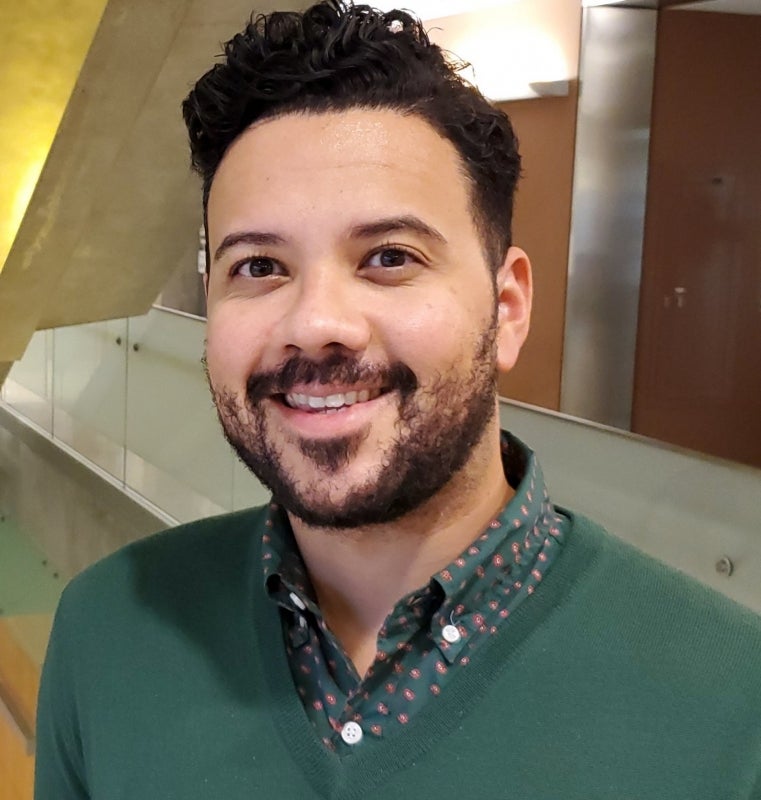The exposure of cancer cells to therapy induces complex changes that can positively or negatively alter clinical outcomes. Defining the molecular landscapes that accompany drug exposure can inform more potent combinatorial strategies. To arrive at these comprehensive maps of drug-induced molecular changes, we apply methods capable of profiling the response to treatment of many genetic backgrounds at resolutions that account for heterogeneity in response. We developed “sci-Plex,” a method that combines sample multiplexing via nuclear “hashing” and the high-throughput of single-cell combinatorial indexing RNA-seq (sci-RNA-seq) to create a platform for multiplex single-cell chemical transcriptomics. We used sci-Plex to comprehensively profile the transcriptional response of cancer cells to many compounds targeting diverse cellular properties at scale. Our approach identified heterogeneous responses of cells to specific compounds, including in response to microtubule and HDAC inhibition. Moreover, treatment with HDAC inhibitors supports the view that chromatin acts as an important reservoir of acetate in cancer cells. In more recent work, we leverage the single-cell resolution of our approach to define the drug-induced molecular response of large numbers of genetically perturbed cancer models. In all, these efforts result in an actionable description of the dynamic changes that underlie therapeutic response.

José L. McFaline-Figueroa received his bachelor’s degree in Chemistry from the University of Puerto Rico at Mayagüez and his Ph.D. in Cancer Cell Biology at the Department of Biology at MIT. His doctoral research focused on investigating the mechanisms by which glioblastoma brain cancer acquires resistance to the chemotherapeutic agent temozolomide. After completing his Ph.D., José joined the laboratory of Cole Trapnell at the University of Washington. As a post-doctoral fellow, he developed single-cell genomic tools that increase the scale at which we determine how genetic and/or chemical perturbations alter cellular response.
In January 2021, José joined the Department of Biomedical Engineering at Columbia University. His laboratory leverages single-cell genomics to define the molecular changes that cells and tissues undergo in response to therapy and how that landscape depends on the genetic architecture of a cell. José is a recipient of a Ruth L. Kirschstein National Research Service Award. In 2020 he was named an Emerging Scholar in Genome Sciences by the Center for Public Health Genomics at the University of Virginia. In 2021 José became a recipient of the NIH National Human Genome Research Institute’s R35 Genomic Innovator Award.


